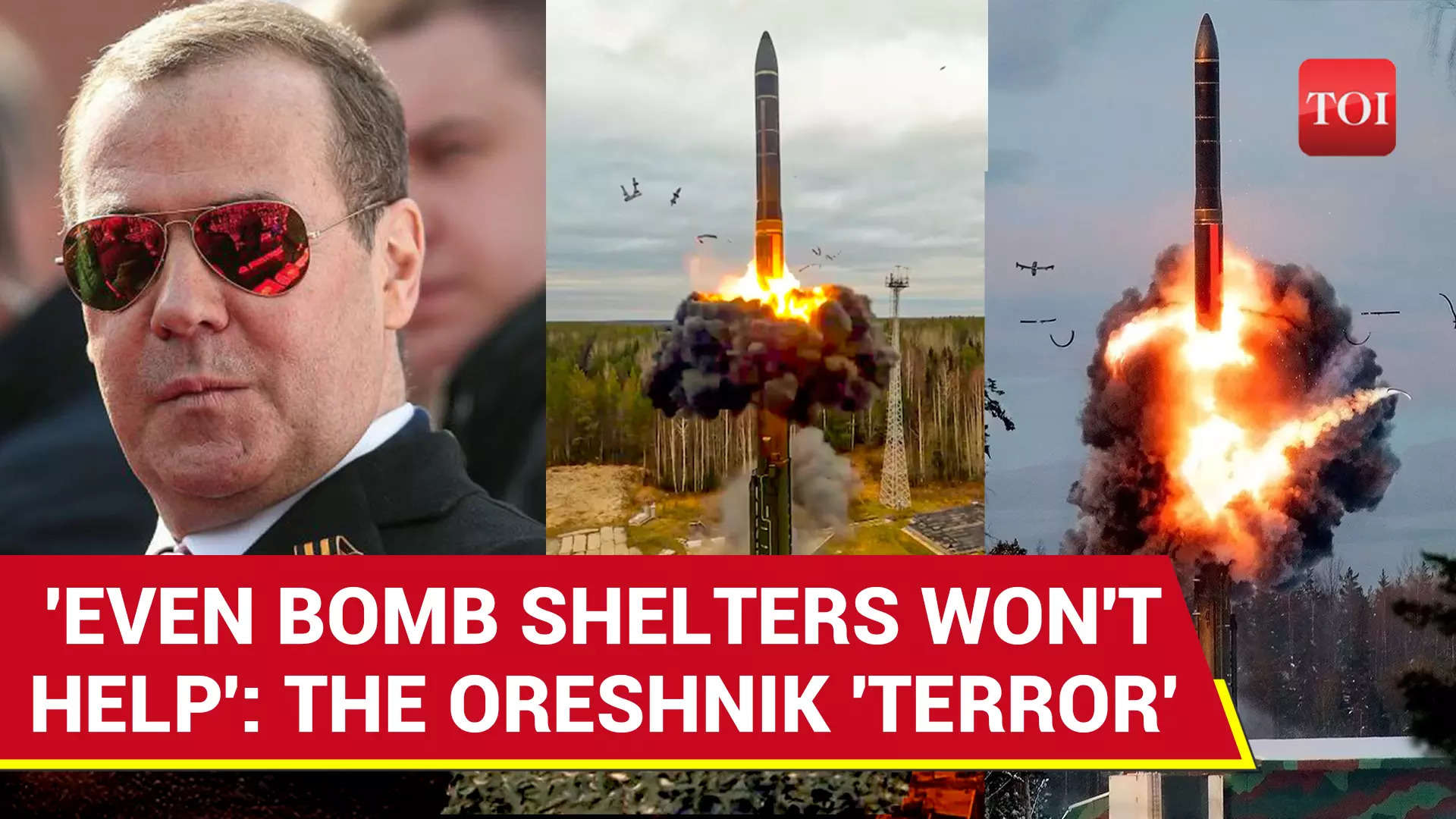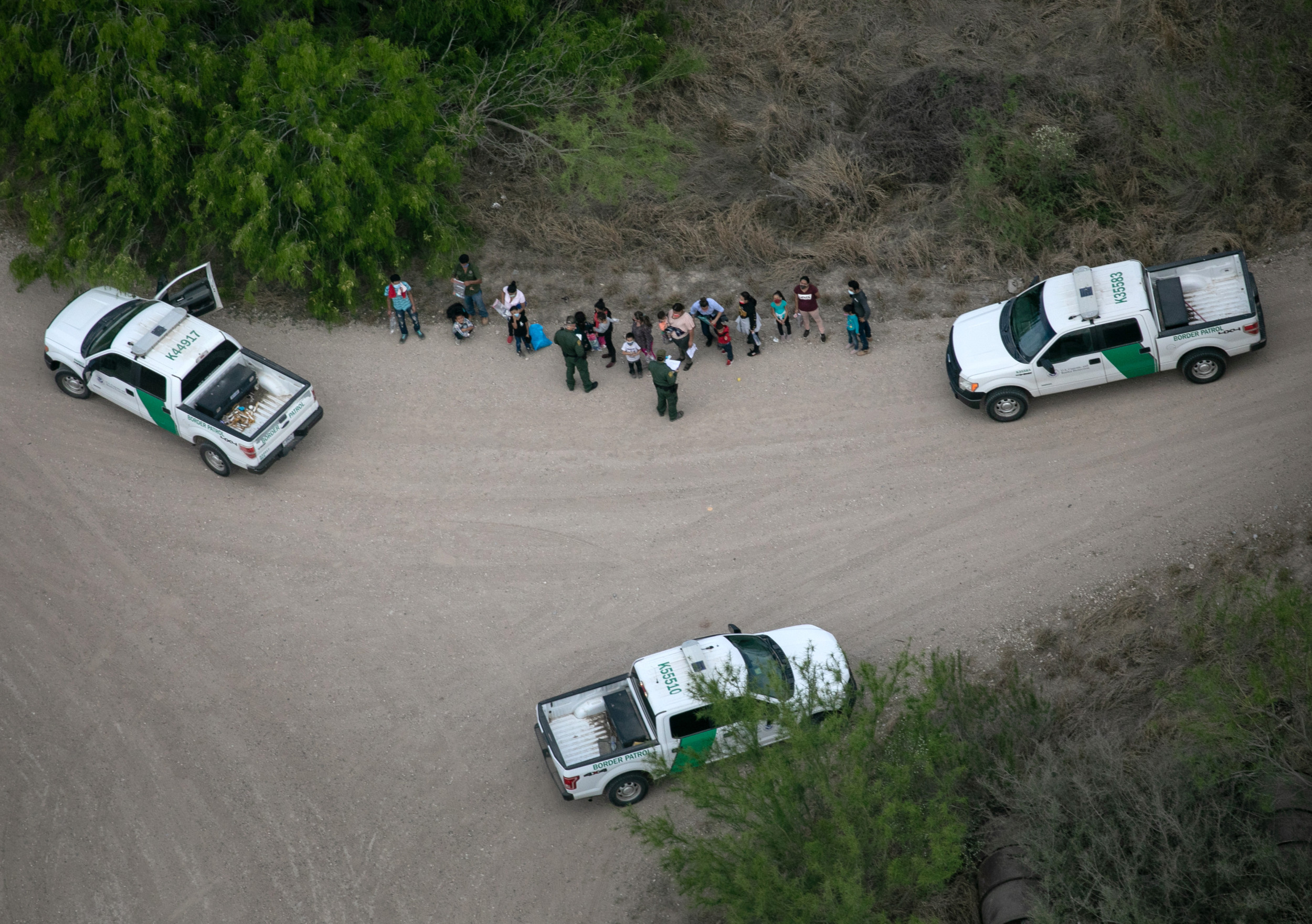
Throughout November, bright red poppies have appeared on people’s clothing, in shops, in train stations, on cars, and more, as the UK observes Remembrance Day. This month, Britain honours the lives that were lost in service of the country and thanks the Armed Forces of Britain and the Commonwealth. Tributes are also paid to the families of the Armed Forces community and the emergency services, and the lives of innocent civilians that were lost in conflict and acts of terrorism are also acknowledged.
Remembrance Day, also known as Armistice Day, will fall on 11 November, as it does every year. The occasion is also marked on the second Sunday of November, known as , with a minute’s silence at 11am. This year, Remembrance Sunday falls on 10 November.

The National Service of Remembrance is held each year on this day at the Cenotaph on Whitehall, London, commemorating “the contribution of British and Commonwealth military and civilian servicemen and women in the two World Wars and later conflicts”. The National Service of Remembrance, which sees a parade of veterans march through London and the royal family paying tribute alongside members of the Cabinet, opposition party leaders, former prime ministers, the Mayor of London and other ministers, is usually open to the public and televised. The red poppies are worn as a show of support for the Armed Forces community and is a symbol of “both Remembrance and hope for a peaceful future”, says the RBL.
The symbol was first used by a Canadian doctor, Lieutenant Colonel John McCrae, who was grieving for a friend killed in Ypres in 1915. He saw poppies growing in the mud churned, devastated Belgian fields and saw them as a sign of hope, inspiring him to write his famous poem In Flanders Field. The poppy image was then adopted by the Royal British Legion in 1921 and sold as a sign of remembrance.
They were made in either silk, cotton or cardboard. Today, the red poppies are worn across the country in tribute to the Armed Forces and the RBL’s Poppy Appeal raises funds to help veterans with housing and jobs. Around 40,000 volunteers now distribute 40 million poppies each year.
The RBL is the official seller of poppies for Remembrance Day and you can buy a paper poppy for £2, an enamel poppy for £3, or a clip-on poppy for £3.99. Other poppy-themed items are also available, including a wreath at £17.
99 and a fabric face mask decorated with poppies, which is now on sale for £4.99. All items can be purchased online at , or you can visit your closest RBL shop to buy them in person.
Poppy Appeal sellers can also be found in most places closer to Remembrance Day. All money spent on poppies goes to The Royal British Legion..













